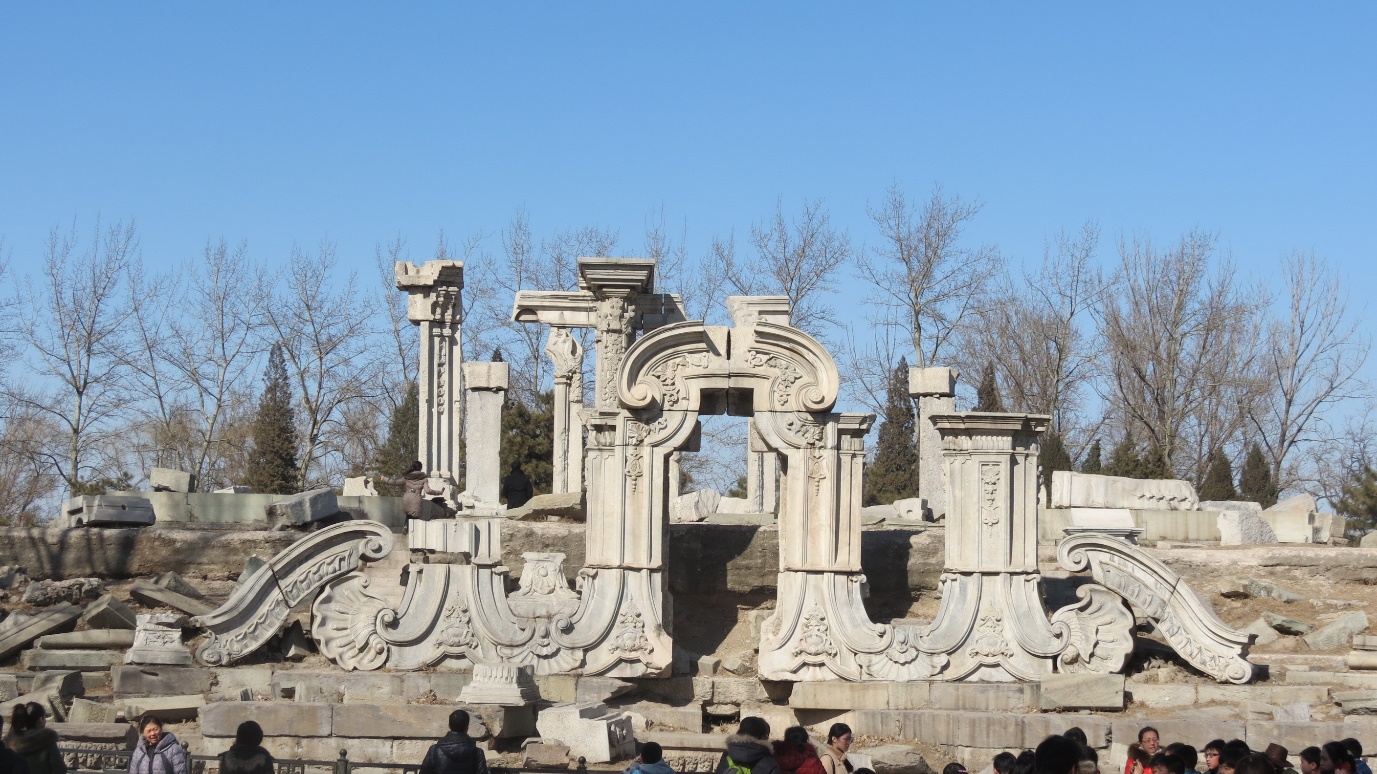Humiliation Heritage in China: Discourse, affectual governance, and Displaced Heritage at Tiananmen Square
Andrew Law

IMAGE: The Old Summer Palace also known as Yuanmingyuan, Beijing; Yuanmingyuan was destroyed by the British and French Colonial Powers in 1860.
Abstract
In recent years, scholars and commentators (such as Gries 2004; Broudehoux 2004; Callahan 2010; and Wang 2012) on China’s political history and national identities have noted the ever-increasing rise in a complex set of narratives that proposes that from the Opium Wars of the 1840s to the Japanese invasion of the Mainland between 1937 and 1945, the Chinese nation and the Chinese people have been subject to a series of historic humiliations. However, writers (such as Wang 2012) have also argued that alongside this narrative of decline is a connected discourse that suggests that with the formation of the People’s Republic of China (PRC) in 1949, the country has slowly redeemed itself. Connected to these two preceding discourses, a third has emerged, which suggests that since the formation of the PRC–yet within a historic context of humiliation, suffering, hardship and struggle–the country has been rejuvenated, obtaining growing prosperity and international respect (Gries 2004; Broudehoux 2004; Callahan 2010; and Wang 2012). I suggest in this chapter that this ‘humiliation discourse’ can be regarded as a form of heritage that captures the essence of displacement and loss.
Law, A. “Humiliation Heritage in China: Discourse, affectual governance, and Displaced Heritage at Tiananmen Square.” In Displaced Heritage, by I. Convery, G. Corsane and P. Davis. Woodbridge: The boydell Press, 2014. https://www.jstor.org/stable/10.7722/j.ctt6wp8nw


